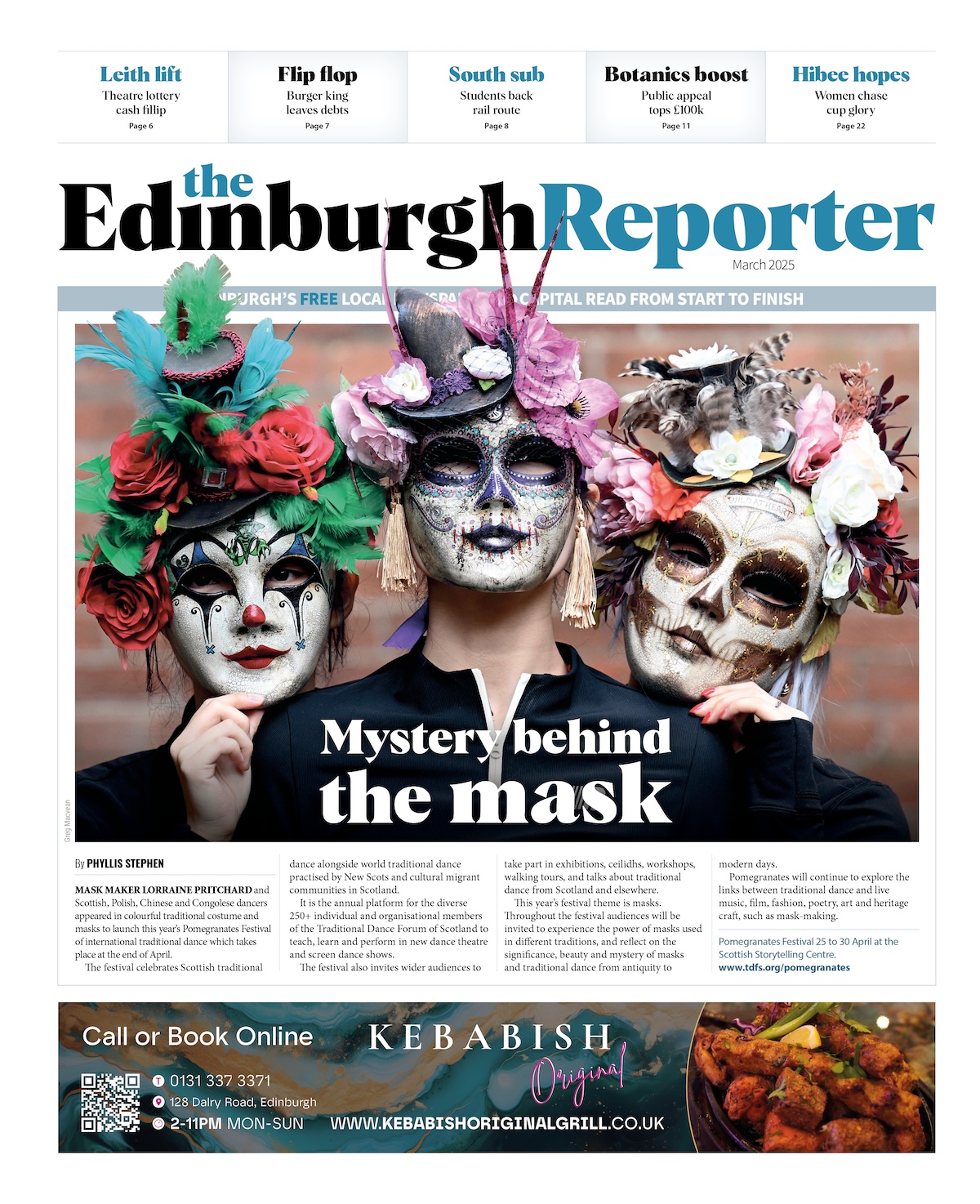Leonard Bernstein described Berlioz’s Symphonie fantastique as the first example of psychedelia in music. He might have had a point: there’s a suggestion that the composer wrote the 1832 piece while under the influence of opium. And in any case, its famous story of infatuation, obsession, murder and witchcraft is conveyed in weird and wonderful sounds, brilliant colours and orchestral effects that were revolutionary in their time.
There was no danger of the story being missed in Robin Ticciati’s vivid reading with the Scottish Chamber Orchestra at the Usher Hall on Thursday 6 October 2011. He struck an ideal balance between highlighting telling details of Berlioz’s masterful scoring, and at the same time maintaining the grand sweep of the work’s ever-developing paragraphs.
His first movement (‘Reveries – Passions’) was lithe and rhapsodic, with crisp playing and tight ensemble from the SCO. The second (‘A Ball’) had a youthful freshness about it, all skittering runs and yearning melodies (with strongly characterised contributions from the two harpists), although Ticciati perhaps underplayed the sinister obsessiveness of the music. He didn’t hold back in the final two movements, though – the famous ‘March to the Scaffold’ and ‘Dream of a Witches’ Sabbath’ were powerful and vivid, full of grotesque effects and high on drama. The SCO brass got a chance to let rip, and the five percussionists, pounding on an array of drums as the unfortunate protagonist heads for the guillotine, were particularly effective, almost gleeful.
The big question, though, was whether this famously expansive piece, normally performed by large symphony orchestras, would still maintain its power with the more modest forces of a chamber ensemble. The main problem was the strings: although they produced a glorious, glowing sound, there were times (especially in the famous fanfares of the ‘March to the Scaffold’) when they were simply not strong enough to compete with the brass and woodwind. But with Ticciati’s keen observence of period style, clean articulation and artful phrasing, what the performance lacked in power it more than made up for with colour and drama.
The evening began with a strong account of the overture to Schumann’s opera Genoveva, and the three pieces of Berlioz’s Tristia put the impeccably well-drilled SCO Chorus in the spotlight.
The SCO and Ticciati return to the Usher Hall on 13 October for a performance of Beethoven’s Violin Concerto, with soloist Viktoria Mullova, as well as the world premiere of Martin Suckling’s storm, rose, tiger.
Photo – Chris Christodoulou











